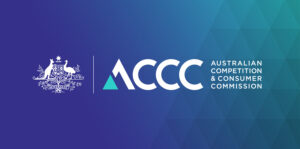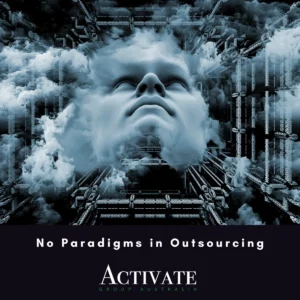H&M, Nike and other big Western apparel brands are facing a boycott in China because of the stand they’ve taken against the alleged use of forced labor to produce cotton in the country’s western region of Xinjiang.
H&M and Nike said months ago that they were concerned about allegations that forced labor has been used to produce cotton in Xinjiang, but they’ve now been caught in an escalating firestorm that has erupted on Chinese social media over the past day.
Swedish multinational H&M, the world’s second-largest clothing retailer, has been pulled from major e-commerce stores in China, and a prominent celebrity has cut ties with the brand. Nike (NKE) and Adidas, among other brands, have also faced heavy criticism.
The outrage comes after a group linked to the ruling Communist Party posted a statement from H&M about Xinjiang on the Chinese social media site Weibo. In the statement, which was released in September, H&M said that it was “deeply concerned” over reports of forced labor in the production of cotton in Xinjiang.
Human rights groups have repeatedly accused Beijing of detaining Uyghurs and other Muslim minority groups in the region in “re-education” camps and using them as forced labor, which they claim is part of global tech and retail supply chains, either directly or indirectly.
Recent sanctions from the United States, the United Kingdom and the European Union over Xinjiang have sparked a renewed pushback from the Chinese government, which calls the camps “vocational training centers” designed to combat poverty and religious extremism.
In the viral social media post about H&M, China’s Communist Youth League denounced the company’s stance.
“Spreading rumors to boycott Xinjiang cotton, while trying to make a profit in China? Wishful thinking!” the post said.
The comments sparked a flood of criticism directed at H&M from Chinese social media users, including a viral hashtag which was read more than 1 billion times: “I support Xinjiang cotton.”
“H&M clothes are rags,” one of the most-liked Weibo comments said. “They don’t deserve our Xinjiang cotton!”
Chinese e-commerce giants Alibaba (BABA) and JD.com (JD) even removed all H&M products from sale following the backlash.
China’s Communist Party mouthpiece People’s Daily voiced its outrage at H&M, saying on its official Weibo account that “China’s
Xinjiang cotton is white and flawless.” State broadcaster CCTV accused foreign brands of “earning big profits in China but attacking the country with lies at the same time.”
Actor Huang Xuan, who had been a brand ambassador for H&M since last April, publicly said he would no longer work with the company.
In a statement posted Wednesday night on Weibo, H&M said that it has always maintained high standards, as well as transparency, in its global supply chain.
“[This] does not represent any political position … H&M Group always respects Chinese consumers. We are committed to long-term investment and development in China,” the statement said. The company added it was working with “more than 350 manufacturers” in China. H&M declined a request from CNN Business for additional comment.
Within hours, the criticism directed at H&M had spread to Nike. The company had said nearly a year ago that it was “concerned about reports of forced labor in, and connected to, Xinjiang.”
“Nike does not source products from [Xinjiang] and we have confirmed with our contract suppliers that they are not using textiles or spun yarn from the region,” the statement said.
Soon after the Nike statement appeared on Weibo, Chinese singer and actor Wang Yibo said that he had cut ties with Nike and “firmly opposes any remarks and actions that smear China.” Nike did not immediately respond to a request from CNN Business for comment.
Over the past year, a number of Western companies have publicly announced they will examine their global supply chains to ensure they are free from Xinjiang cotton products after allegations of forced labor involving the region’s Muslim Uyghur people.
In December, the US government announced it would block all imports of cotton from Xinjiang over concerns they “may have been made by slave labor in some of the most egregious human rights violations existing today.”
Concerns about Xinjiang have also exacerbated tensions between China and many major Western powers. In the past week, the United States, the United Kingdom and the European Union have all put in place new sanctions on officials in Xinjiang over their role in alleged human rights abuses there. Bejing responded with its own sanctions on EU politicians and entities, saying they were “maliciously spreading lies.”
Meanwhile, as the social media backlash now spreads to other major Western brands, some companies in China have begun to prominently advertise their use of cotton made in Xinjiang. Chinese brand Anta Sports said in a statement that it would continue to use cotton from Xinjiang, while Japanese retailer Muji began to advertise products made with “Xinjiang cotton.”







